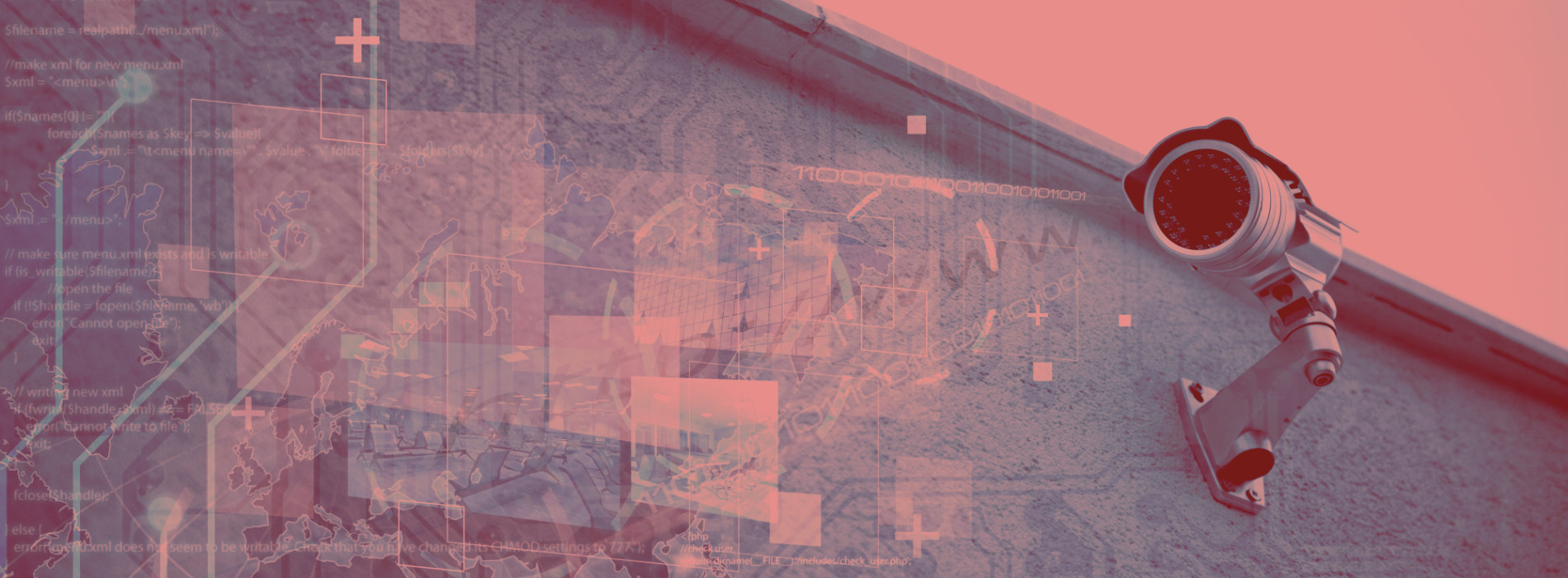Physical security has evolved to be a complex and innovative industry, with many new developments in terms of the products and services offered by providers, and the specific demands in terms of higher quality, of the buyers. Due to the many threats to safety and security such as terrorism, theft, pilferage, etc. business organizations require a robust and efficient physical security service mechanism to ensure the safety of employees and other stakeholders. This is the commercial side of the buyers’ segment. The products and services of the physical security service providers are also demanded by non-commercial buyers. This includes the CCTV cameras installed at residential areas and in public places for general safety and surveillance purposes.
The physical security service market is in an expansionary phase, with demand from both developed and developing countries. Developed nations require the products and services on a larger scale, and demand more sophisticated security services. Developing nations demand simpler methods of security. However, the changing landscape and dynamic business environment have increased the demand for greater security mechanisms by both commercial and non-commercial segments.
The Internet boom has enabled the increase in cyber intrusion and cyber crimes, thus increasing the demand for smarter technology-oriented security systems. The physical security systems are now enabled with state-of-the-art features including cloud computing and artificial intelligence for higher levels of safety. This also enables easier and early detection of any lapses in security and further corrective action on the same.
Currently, the physical security service providers industry is valued at more than 250 billion USD and is forecasted to grow to approximately 300 billion USD in the next two years. It is one of the fast growing industries with a booming market and potential for greater market identification and segmentation. Physical security services can be attuned to the requirements of the users, thus making it a dynamic industry to compete in. User requirements vary as per budget, industry, key requirements, product or service expectations, and even geographies. For example, an Indian small business owner would require a simplistic security mechanism as compared to a mid-sized European bank. Customization is one of the key features that widens the market for physical security service providers and ensures a market share for competitors.
Some of the emerging trends in the physical security services industry include – increased advancement in products and services due to the use of technological support systems. Analytics and artificial intelligence aid the service providers in furthering feature-rich product offerings. The market for security systems is intensely competitive and fragmented around the world. There exist many players vying for market share in the market. The primary tool for the selection of a service provider is the risk assessment by the buyer. Once the potential risks are clear, the applicable solutions can be selected from the various service providers, at a competitive price.
Compliance and regulatory frameworks also determine the choice of security systems by business organizations. With the advent of technology, physical security also includes information security. It is critical to keep information private for businesses, to prevent data theft and loss of data to unauthorized users. Security systems must meet compliance standards to be put to implementation by the users. It is the prime responsibility of the service providers as well as users to ensure compliance.
Global Outlook
With the rise in global trading and international transactions, business owners have become susceptible to security threats. A large part of this threat arises from online transactions and the usage of the internet by customers. Sometimes, threats can also arise from benign sources, or inadvertently. This can cause loss of data and also hinder business due to loss of time and energy to fix problems.
This is the reason physical security service providers have upped the ante by providing high-end security solutions to users at varied prices. Price depends on the product features, segmented consumers and target markets. The global outlook for the industry is on a growth path, as the markets are set to expand. Rising threats of data breaches, software crashes, and physical security lapses have increased the importance of robust systems to detect crashes, and solve issues, in case they arise, on a real-time basis.
The use of artificial intelligence and analytical tools has changed the physical security service industry. Physical security has become dependent on computers and the Internet to improve efficiency and reduce lapses in security. Video surveillance and real-time communications enhance security system performance, thus ensuring customer satisfaction. However, these systems continue to be expensive on account of the high usage of technology and the requirement of skilled professionals to develop softwares and act as technical support. A seeping down of the advanced services to general markets is yet to be witnessed. Developing nations are increasingly adapting to the changed environment and accepting more tech savvy and advanced security products to improve protection of the stakeholders concerned.



